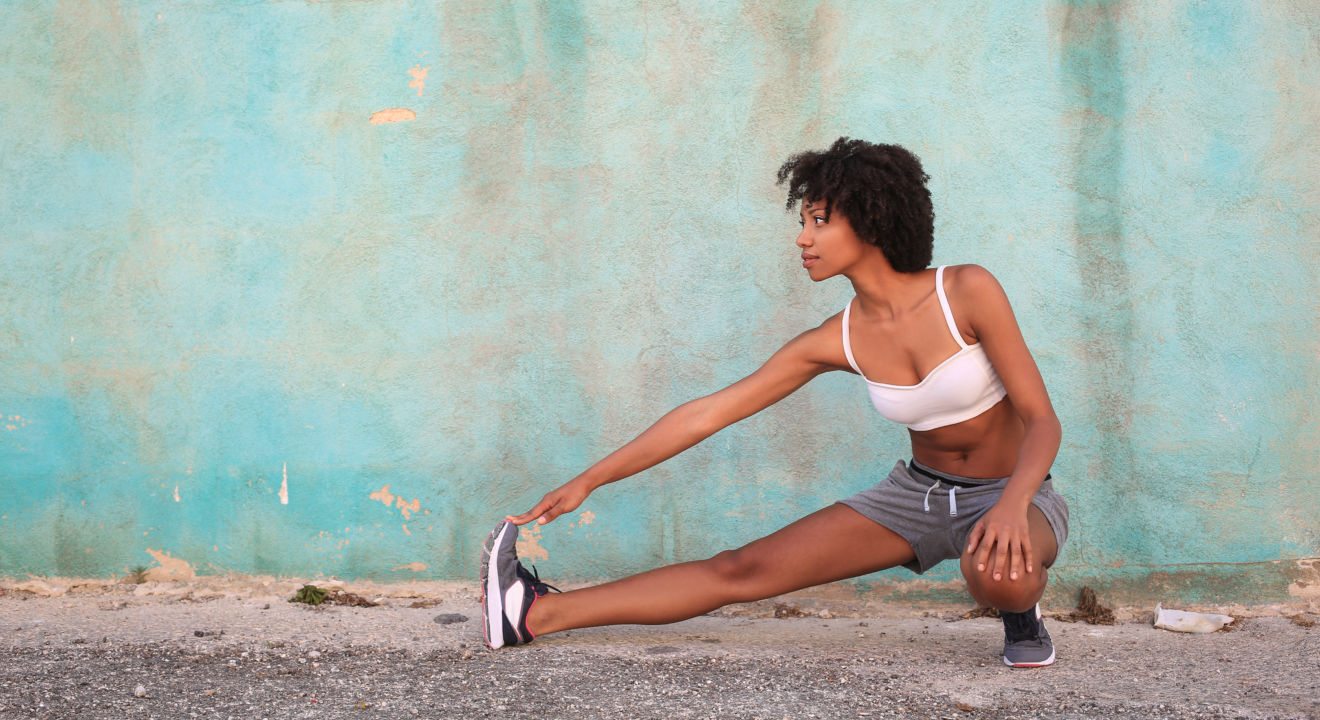Relationships September 10, 2016


Are you one of those women who have tried time and time again to live the #fitlife but just find your busy lifestyle getting the best of you? Or are you bored with your current health routine and need a change of scenery? While you are on this self-paved path to fitness, you can always start by running.
Running, despite how lacking your stamina is to begin with, will make you feel a joy strong enough to counteract the “this-was-a-terrible-idea” type of pain. Go ahead. Immerse yourself in your music and feel the rush of endorphins.
If you want to start running but don’t quite know where to start, then here are some basic tips for you.
Although you don’t need to have a collection of workout shoes under your bed, you do need at least one good pair. Your shoes can make or break your running experience. According to Fitness Magazine, “The most important investment runners should make is in a good pair of running shoes.” You want your shoes to fit properly but you also want shoes that are created based on how your foot falls when you run, which is called your “foot strike pattern.”
If you don’t know what kind of fit, size and support you need, then you should go to your local shoe store for more information. For example, some Nike stores will even watch as you run on a treadmill to help you pick what type of cushion you need in your shoes.
The great thing about running is that it doesn’t require very much equipment, aside from your footwear. So you might want to think about saving up to buy yourself a good pair of shoes.
Having a running buddy will help inspire you to stay consistent by keeping you accountable of your running schedule. In addition, growing and improving with each other will help motivate you both, especially on the days when you’re too tired or just plain lazy. Besides, running is more fun when you have someone struggling beside you.
This can’t be stressed enough. You will run out of steam a lot faster if you’re not giving your body the proper nourishment it needs. According to Active, you should eat about 200 to 400 calories of mostly complex carbs such as whole grains (i.e. pasta, oatmeal, whole-grain bread), green vegetables, starchy vegetables (i.e. potatoes and corn) and beans prior to your run.
With your meals, be sure to also eat a little bit of protein. You should intake your protein about 1.5 hours before your run so your body has enough time to digest the food. This will help you to avoid cramps. Then eat a 4:1 ratio of carbs to protein within 30 to 45 minutes after your run in order to replenish your tired muscles and allow them to rebuild quickly.
You don’t want to feel light-headed or dizzy at any point before, during or after your run. You should always follow the “drink eight glasses of water a day” rule but be sure to drink 20 ounces of water about two hours before a run so that fluids have ample time to pass through your body.
If you run longer than 45 to 60 minutes, then switch to sports drinks such as Gatorade in order to replace the electrolytes you’ve lost in your body.
Don’t be embarrassed or discouraged if you can’t keep up with your friends. Listen to what your body is telling you. Experiencing mild discomfort is okay, but it’s never a good idea to “run through the pain” if it’s extremely uncomfortable.
If walking already gets your heart working hard, then stick with that. Walk before you can jog and jog before you can run. Don’t expect to be able to run five miles within your first week if your body is telling you that one mile is enough for now.
Many beginning runners like to start by creating planners, which can be found online. Use these as a guide and make sure to adjust them to fit your body and its needs. If it doesn’t say to take a break but your body needs one, then take a walking break until you’re ready again.
Last but not least, giving your body time to recover is just as important as working out. According to Well Bridge, when you do any type of physical activity, you create small micro-tears in the muscle tissue. This is a normal part of the muscle-building process and helps you grow stronger. At the same time, you need to rest your body in order to give these muscles time to rebuild. If you don’t properly rest, then your body can feel sluggish and tired.
So there you have the basics you need to know before going on your first run. The most important thing to remember is to listen to your body. Don’t spend a lot of time comparing yourself to what other people are capable of because everyone has different strengths and weaknesses.
It’s good to set a goal, but it’s even better to also be safe and realistic about the road to attaining that goal. You may need to eat more than the suggested calories to nourish your body, you may need to rest more days than other people or you may prefer to run alone. Only you can be the judge of that.
Good luck and happy running!